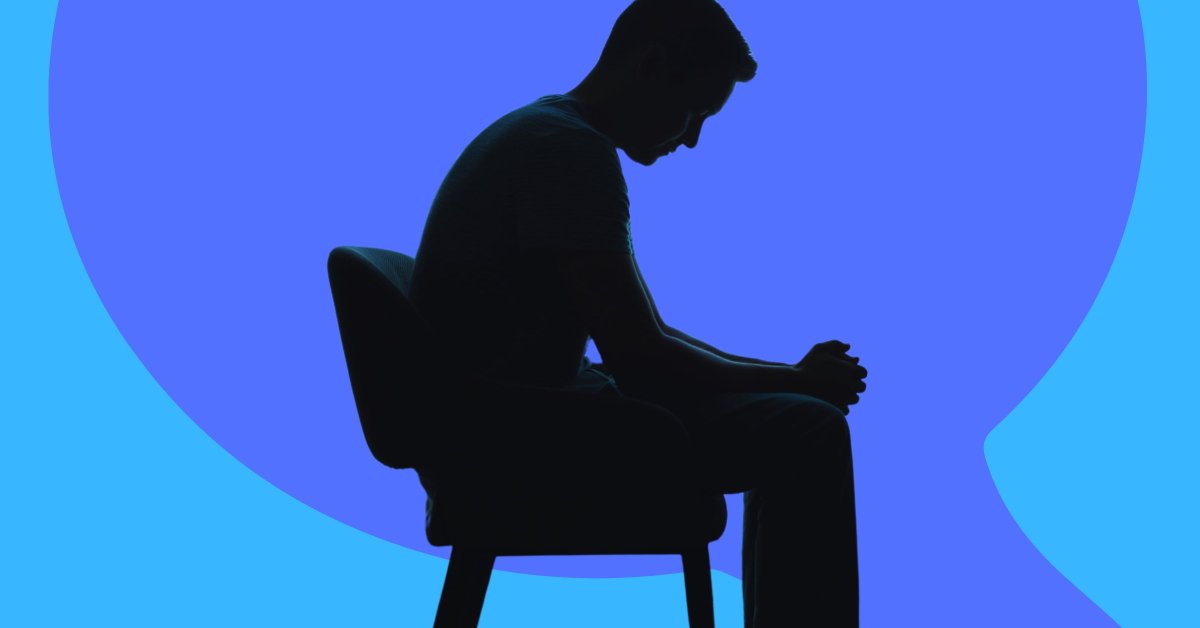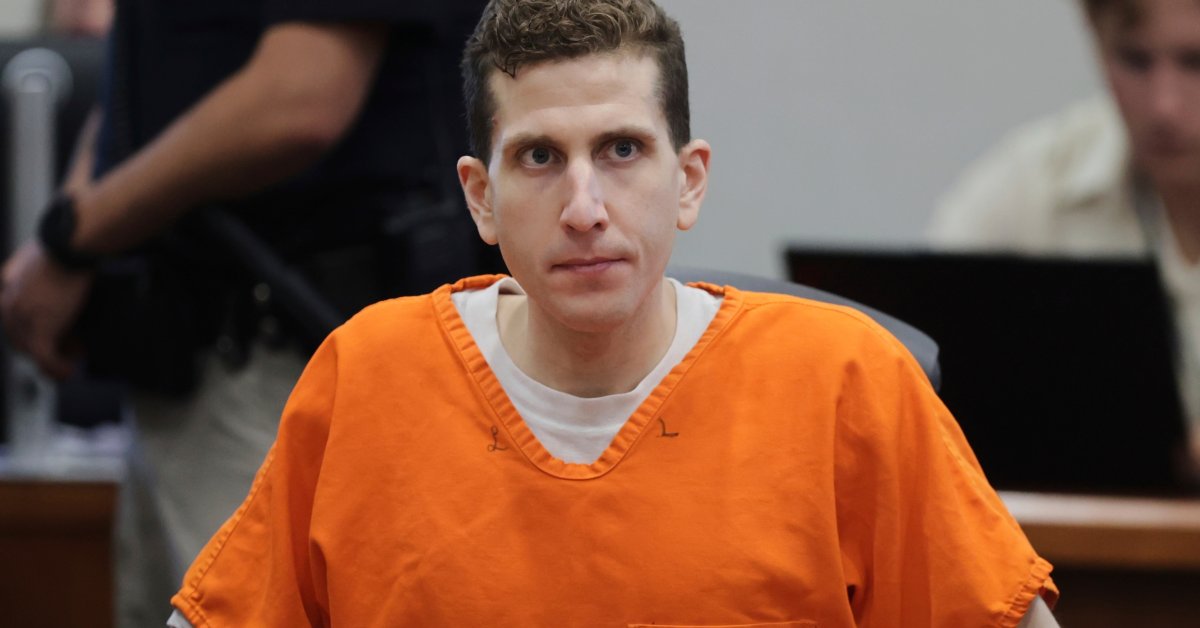Researchers still don’t understand what, exactly, causes depression. But what is clear is this: It doesn’t have anything to do with waking up and simply choosing not to appreciate all the good things in life.
That’s why Claudia Giolitti-Wright, a psychotherapist in New York, cringes when clients with depression report back on what their friends or family members inevitably say to them: “But you have so much to be grateful for!” It is, she believes, the No. 1 worst way to respond when someone opens up about their mental-health struggles.
“It implies that gratitude should cancel out and suppress depression, when that’s simply not how the brain or nervous system works,” she says. “You can feel absolutely numb and be grateful at the same time. You can have success and think positively about some things and still be depressed. These truths coexist, and when we fail to hold space for both of them, we risk silencing the people who need support the most.”
There are other infuriating responses, too. Here are some of them—plus what to say instead.
“It could be worse.”
What to say instead: “What you’re going through sounds very painful. I want to understand it more.”
If you tell someone their situation could be worse, you’re telling them “their pain isn’t legitimate unless it meets an arbitrary threshold,” Giolitti-Wright says. It’s possible that will make your friend believe they don’t deserve help—and exacerbate the guilt and self-blame commonly associated with depression. (A classic thought in this vein: “Why am I depressed when other people are literally starving or dying?”)
Read More: How to Reconnect With People You Care About
Instead, respond with curiosity in a way that validates their experience. That’s one of the most powerful ways to build a sense of safety in a relationship, since it shows you’re present and compassionate, Giolitti-Wright says.
“Have you tried yoga?”
What to say instead: “Would it help to talk about it, or would you rather I just sit with you?”
Bending into the downward dog position or taking a walk isn’t going to cure someone’s clinical depression. Yet Giolitti-Wright often hears people offer “unsolicited, very simple and stereotypical advice” to their struggling friends. “It’s definitely dismissive—as if the person hasn’t already tried or considered those options,” she says. “But it also puts the burden back on them, and implies their depression is a failure of effort, not a legitimate mental-health condition.”
A better approach is to ask if they’d like to talk about what’s going on, which communicates presence over (potentially unwanted) problem-solving. “You’re giving them the power to tell you what they need, rather than just jumping into advice,” Giolitti-Wright says.
“Snap out of it!”
What to say instead: “I don’t know exactly what to say, but I’m here.”
Barking at someone to snap out of it is unhelpful for more reasons than Giolitti-Wright can count. For starters: “It implies the person is choosing to feel this way, which is terrible,” she says. Anecdotally, she’s found it can lead to internalized shame. “Some of my clients are like, ‘What’s wrong with me? Because I can’t seem to snap out of my bad mood.’” She tells them that if it were easy to jolt oneself out of the fog of depression, she wouldn’t have a job.
If you’re not sure what to say when your friend is struggling, it’s OK to tell them that. You don’t need to have the perfect words. What’s more important, Giolitti-Wright says, is being warm, open, and present.
“You’re just being dramatic.”
What to say instead: “Would you like support in finding someone to talk about how you’re feeling?”
Accusing someone who’s depressed of being dramatic is a “classic” response, Giolitti-Wright says—she hears about it all the time. “It’s obviously invalidating, and it can be especially harmful to women, who are already facing this cultural message that equates emotion with rationality,” she says. “It teaches people to suppress emotion rather than explore it, which is what we need when we’re depressed.”
Read More: 8 Things to Say During a Fight With Your Partner
Asking someone if they’d like help lining up professional mental-health support, on the other hand, is one of the best ways to provide support. That might mean combing through therapist directories to find out who’s accepting new patients nearby or offering to watch their kids during appointments.
“Oh, well, everyone feels like that sometimes.”
What to say instead: “That sounds really heavy. I’m here to support you however I can.”
This is a well-intentioned response that often stems from a desire to normalize an uncomfortable situation. But instead, it minimizes it. Plus, “Depression isn’t just about feeling sad,” Giolitti-Wright says; it can lead to symptoms including fatigue, brain fog, social isolation, suicidal thoughts, and weight gain or loss.
She prefers making it clear that what your friend is experiencing sounds difficult, which “validates the emotional weight and opens the door for deeper conversation.”
“But you seem fine.”
What to say instead: “I’m really glad you shared this with me. You don’t have to pretend with me.”
People often remark that their high-functioning friends appear fine—but that reflects a “distorted view of depression, where people don’t eat, don’t sleep, don’t go to work, look terrible, and don’t shower,” Giolitti-Wright says. “Many people work very hard to mask their symptoms because of the stigma and shame, and because of a fear of being a burden for their partners or loved ones.”
Read More: 9 Ways to Set Healthy Boundaries With Your Parents
That’s why you’re better off letting your friend know that they can be candid with you. Acknowledging that someone can seem fine and still be struggling encourages authenticity and is a key ingredient of healing, Giolitti-Wright says. “When we meet someone’s depression with curiosity instead of correction, and empathy instead of evaluation or advice, then we become part of their healing environment,” she adds. “That can really change someone’s life.”
Wondering what to say in a tricky social situation? Email [email protected]








